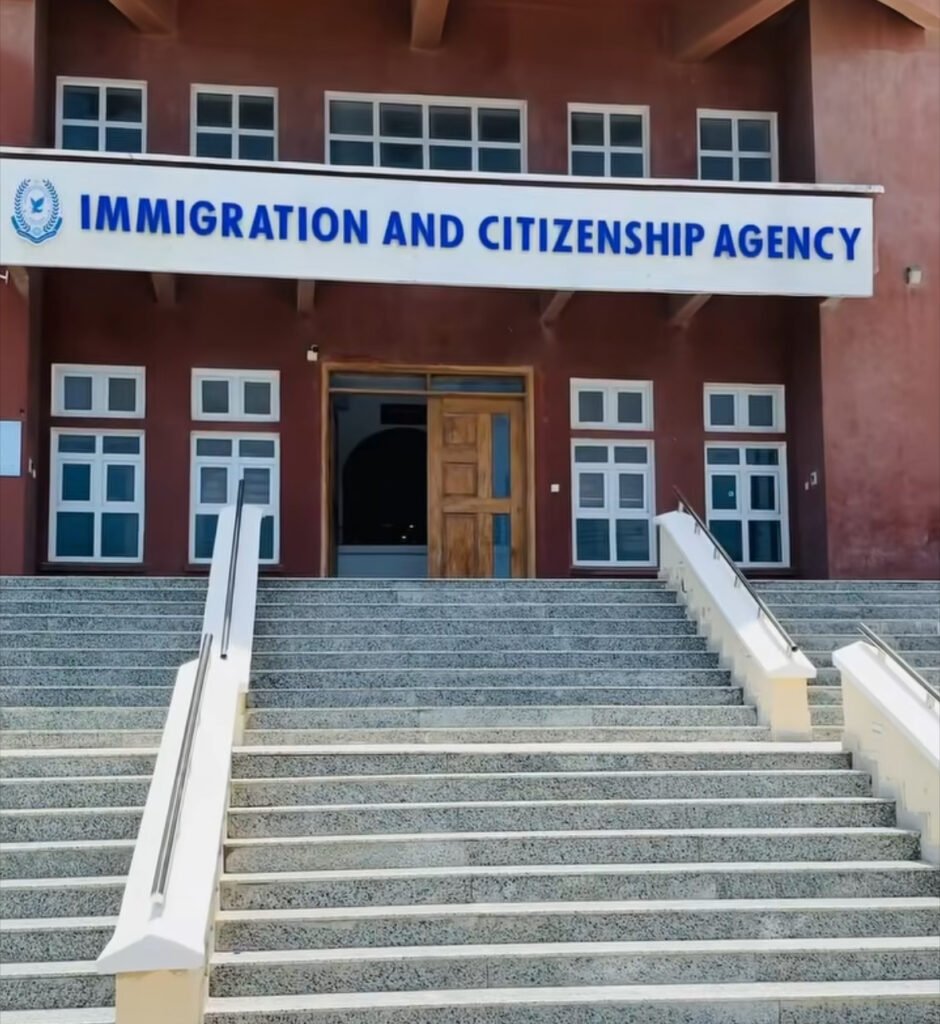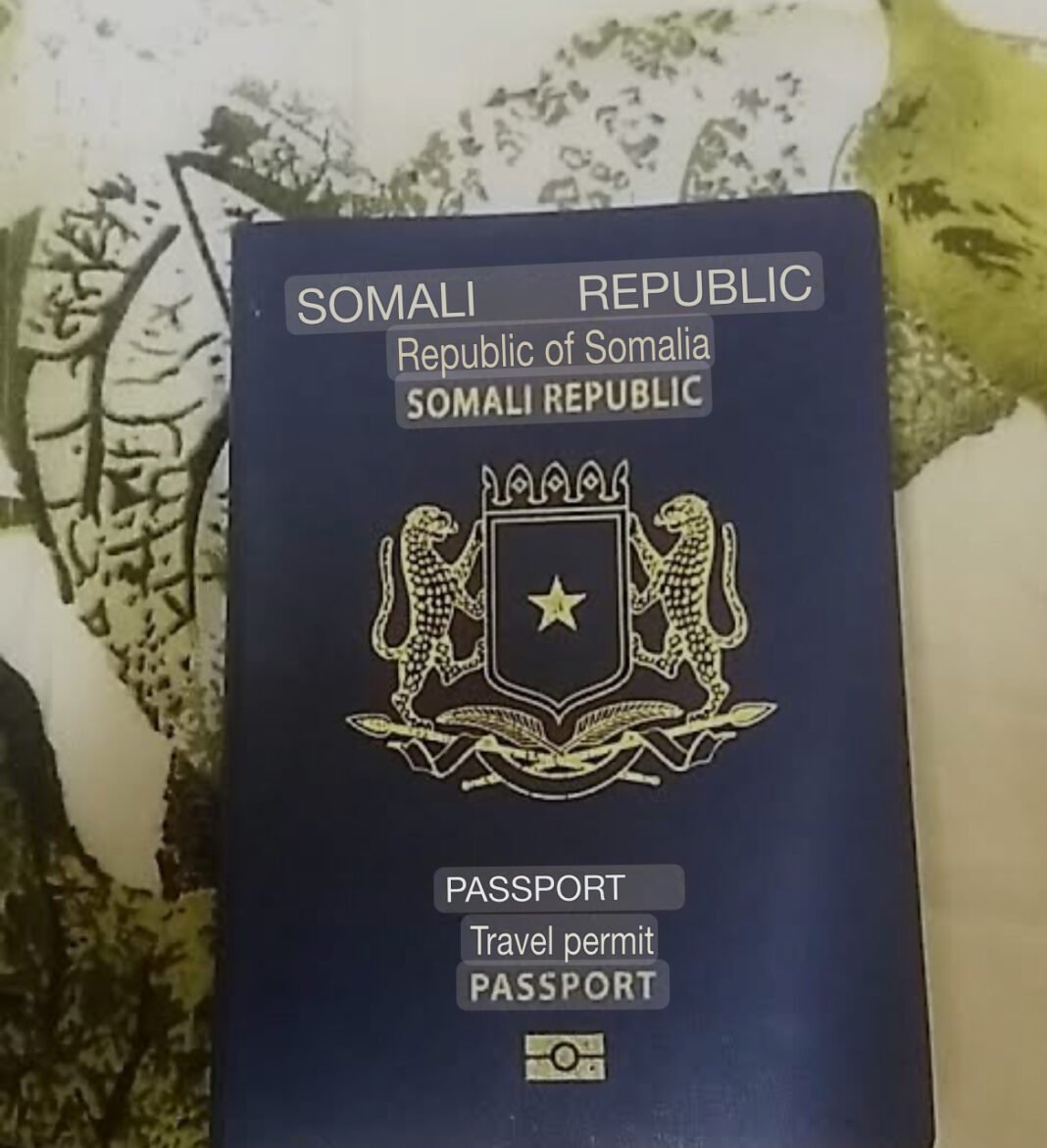By Horn Africa News
MOGADISHU – Somalia’s attempt to modernize its immigration system has triggered political backlash, with regional states rejecting the federal government’s new e-visa scheme. What was intended as a showcase of digital progress has instead exposed the deep divisions at the heart of Somalia’s fragile federal structure.

Earlier this year, Mogadishu introduced a $64 federal e-visa, billing it as a step toward streamlined travel, centralized revenue collection, and improved international credibility. Yet, instead of unifying the country’s immigration process, the rollout has widened political fault lines.
In Puntland, travelers with federal e-visas have been denied entry unless they purchase a second local visa. One Somali mother reported spending more than $500 for herself and her three children, despite following official federal procedures. Jubaland has implemented a similar system, charging $60 for what amounts to a duplicate visa.
Meanwhile, Somaliland — which has claimed independence since 1991 — is preparing to launch its own e-visa, underscoring its rejection of Mogadishu’s authority.
A Struggle Over Revenue and Sovereignty
The dispute goes beyond immigration paperwork. Visa fees provide a rare and steady source of income in Somalia’s fragile economy, where both federal and state administrations rely heavily on customs and port revenues. By bypassing the federal system, Puntland and Jubaland are asserting fiscal independence and directly challenging Mogadishu’s centralizing ambitions.
“The visa dispute may look like a bureaucratic hiccup, but it is actually a reflection of unresolved federalism questions in Somalia,” said a Nairobi-based political analyst. “Control over borders and revenues is ultimately control over sovereignty.”
Citizens Paying the Price
For travelers, the consequences are immediate: inflated costs, confusion, and humiliation. Civil society groups warn that the practice undermines public trust and highlights the gap between political promises and daily realities.
“When a mother with children is forced to pay hundreds of dollars in visa fees just to move between Somali cities, it shows how badly politics is obstructing basic services,” said a Mogadishu-based activist.
Risks to State-Building
The standoff comes as Somalia works to consolidate governance reforms after securing international debt relief. Global partners, including the IMF and World Bank, expect tighter public financial management, but competing revenue systems at airports and border points threaten to derail those efforts.
For Somaliland, the federal e-visa represents not reform but intrusion, and its forthcoming system signals determination to stay outside Mogadishu’s orbit.
Unless a political settlement is reached on revenue sharing and border control, analysts warn Somalia’s e-visa could become a lasting symbol of dysfunction rather than modernization.
For now, in a nation still struggling to rebuild sovereignty, travelers face the paradox of needing two — and sometimes even three — visas to move across territories that officially belong to the same country.




